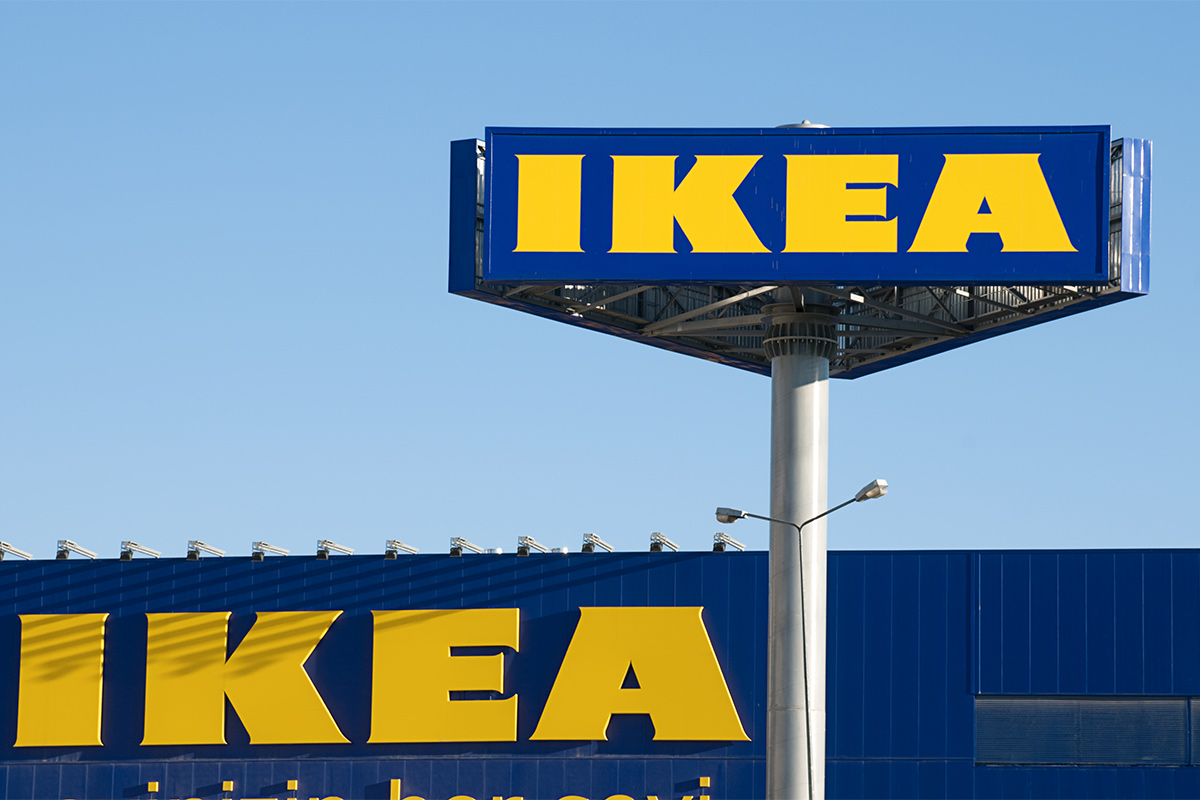Why are toys so important during early childhood and development?
The learning capacity of a child is relatively higher than us because of the fact that it is their age of development and growth of mental and physical health.
IKEA India had opened its second retail store in Mumbai last December and is working on its next store in Bengaluru.

IKEA said the India Toy Fair would help it connect with new partners and understand the ecosystem here. (Photo: iStock)
Swedish furniture major IKEA, which has a range of over 1,000 products as part of its children’s range, is looking to scale up sourcing of toys from India for its operations here, said a top company official.
Besides, IKEA India is also aiming to have around 12 per cent of sales from kids’ range of products in the coming years.
Advertisement
The company, which currently sources only cotton-based soft toys from India, is also exploring to expand in some other categories such as wooden toys, said IKEA India Country Commercial Manager Kavitha Rao.
Advertisement
IKEA, which has participated in the India Toy Fair, said it is exploring opportunities to partner with several players in the toy segment, which is a big focus area of the company.
When being asked as to whether IKEA is going to increase sourcing of toys from India, Rao told PTI, “Of course, yes. That is one of the main reasons why we are part of the toys fair.”
“Because we could be a large buyer and of course, it is contingent on meeting standards and design thoughts but we feel that there is a great opportunity for us to come together with some potential suppliers as part of the player as well,” she added.
In India, 80 per cent of the households live with children.
“IKEA has a fairly large range of over 1,000 products as part of its children’s range, which contributes around 6-8 per cent currently, and we aim to reach 10-12 per cent in the near future,” Rao said.
Besides toys, the range covers beds and mattresses specifically made for children, ergonomic storage and seating solutions made for a child, among others.
IKEA said the India Toy Fair would help it connect with new partners and understand the ecosystem here.
“That is also the reason why we are participating in the toy fair, organised by the Government of India because it gives us an opportunity to also understand what the ecosystem is,” she added.
Besides cotton, IKEA is sensing an opportunity to source wooden toys for its stores.
“If you look at our range, we do have a range of wooden-based toys. So, if we had the opportunity to source some of that from India, we would definitely like to explore it,” said Rao.
However, she also added that IKEA with forestry-certified wood, as it always sources from sustainable sources.
Recently, the government has created eight toy clusters with some significant investments in that space.
“We feel that it is a great approach because it will also give us the opportunity to look at possibilities for sourcing toys locally, from within India as well,” she said adding that “this is a huge initiative and a big focus area for us”.
IKEA is working on new categories like furniture, mattress and sofas, besides building the textiles category which India is traditionally strong.
Under the FDI policy for single-brand retailers, a local sourcing requirement of 30 per cent of the value of goods is mandated. This can be met as an average during the first five years, and thereafter annually towards its Indian operations.
However, in August 2019, the government amended the provision by adding that all procurements made from India by a single-brand retailer for that brand shall be counted towards local sourcing, irrespective of whether the goods procured are sold in India or exported.
IKEA has been sourcing from India for its global operations for close to 35 years. It is working with around 60 suppliers. IKEA India had opened its second retail store in Mumbai last December and is working on its next store in Bengaluru.
Part of Ingka Group, IKEA India had opened its first retail store in Hyderabad in August 2018, followed by online stores in Mumbai, Hyderabad and Pune.
On Saturday, while inaugurating the first India Toy Fair 2021, Prime Minister Narendra Modi asked the toy manufacturers to use less plastic and more eco-friendly material, in addition to focus on innovation.
He regretted that India’s share in the USD 100-billion global toy market is very less, and about 85 per cent of the toys sold in the country are imported.
Advertisement